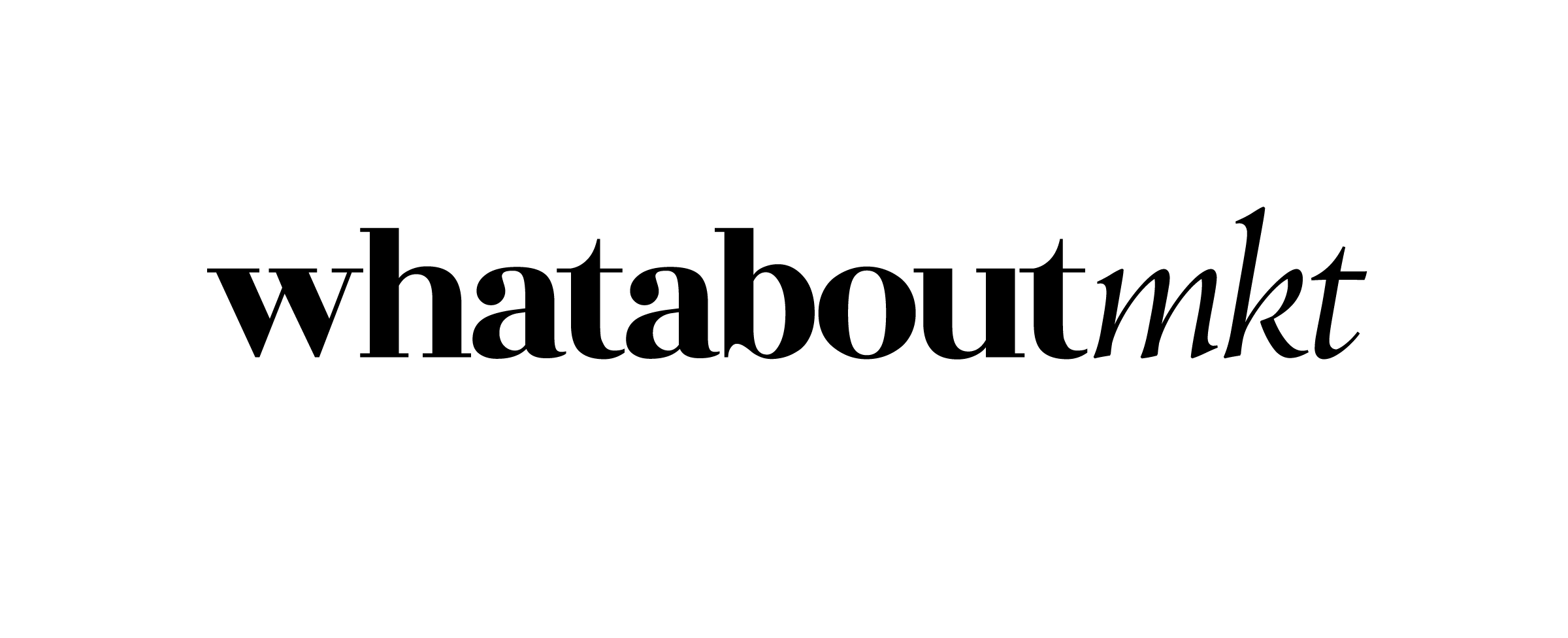A Duopoly Under Scrutiny
The Competition and Markets Authority (CMA) has made its intentions clear: it proposes designating Apple and Alphabet’s Google with “strategic market status” under the nascent Digital Markets, Competition and Consumer (DMCC) Act. This designation stems from the CMA’s provisional finding that these two titans effectively wield a duopoly over the UK’s mobile platform economy, encompassing everything from smartphone operating systems to app stores and web browsers. Sarah Cardell, the CMA’s chief executive, emphasized that while these platforms are vital to the UK economy, their investigation has uncovered substantial opportunities for enhanced innovation and consumer choice. This proactive stance by the CMA mirrors a broader global trend in which regulators are increasingly challenging the entrenched market power of major tech firms, as evidenced by the European Union’s ongoing efforts and significant fines imposed on companies like Apple.
Shifting Sands for App Developers
Perhaps the most impactful proposed change for the marketing world revolves around app developers’ ability to “steer” users to better deals outside the walled gardens of Apple and Google’s app stores. Currently, high commissions on in-app purchases, often reaching 30%, can stifle innovation and limit competitive pricing. Allowing developers to direct users to alternative payment methods or subscription channels can dramatically reduce customer acquisition costs and unlock new monetization models. Consequently, marketing budgets, previously constrained by these hefty fees, might be reallocated towards more direct promotional activities, fostering a more diverse and competitive app market. The change could empower smaller developers and nascent businesses, which have previously struggled under the existing economic model, to invest more in reaching their target audiences through various advertising channels.
The Advertising Re-calibration
Beyond pricing and payment, the CMA also seeks to ensure users have “a genuine choice over the services they use on their devices.” This could translate into mandating support for alternative app stores, browser engines, and greater flexibility in default service selections. From an advertising perspective, this presents a fascinating challenge and opportunity. Should the mobile ecosystem become more fragmented, advertisers may need to diversify their media buying strategies beyond the established networks of Apple and Google. New, niche advertising platforms might emerge, catering to specific app stores or browser ecosystems, requiring marketers to develop more granular and adaptive targeting approaches. The prominence of pre-installed apps and default settings has long been a subtle yet powerful advertising tool for the tech giants. If these “choice architecture” advantages are eroded, it could force a fundamental re-evaluation of how user attention is captured and monetized, potentially benefiting independent advertising technology providers.
A New Era of Trust and Transparency
The CMA’s initiatives also address crucial aspects of transparency in app review processes and app store rankings. Opaque systems can create uncertainty for developers and potentially favor the platforms’ offerings. A push for fairness and clarity in these areas could lead to a more level playing field, where marketing efforts are rewarded based on merit rather than being influenced by algorithmic bias. Moreover, as regulations globally emphasize user privacy and control over data, the pressure on all players in the mobile advertising ecosystem to adopt transparent and ethical data practices will only intensify. Companies that prioritize user trust in their marketing and publicity will likely gain a significant competitive edge, turning compliance into a powerful brand differentiator.
While Apple and Google have voiced concerns, citing potential impacts on security and innovation, the regulatory momentum appears unstoppable. The stakes are high, as the DMCC Act empowers the CMA to levy fines of up to 10% of a company’s annual worldwide turnover for non-compliance. As the October 22nd deadline for a final verdict approaches, the marketing world keenly watches, preparing for a mobile future that promises to be more open, competitive, and ultimately, more dynamic.









